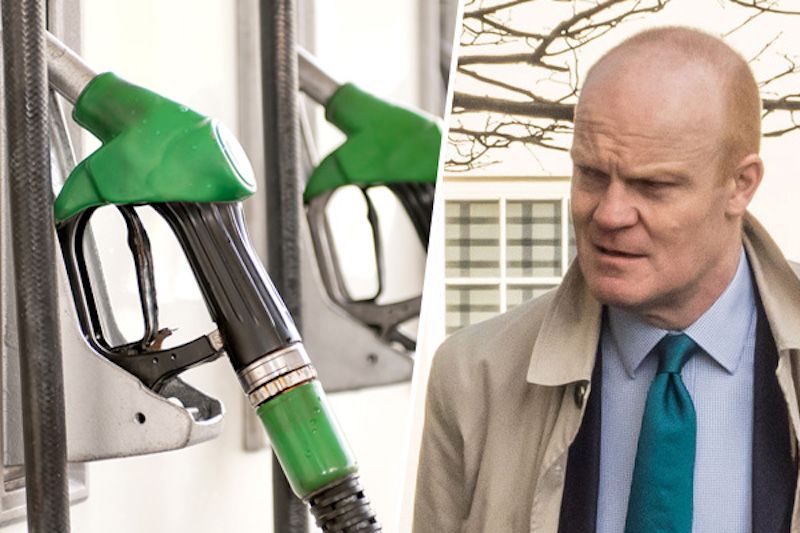

A distance-based charging mechanism and a return to motor tax are the two main options the States will debate this week as they look to move away from fuel duty.
Guernsey's current form of motor tax - a tariff on buying fuel - raises around £20million for the States each year, amounting to around 5% of total revenue.
However, with fuel consumption reducing, P&R has been exploring alternative solutions, and is recommending replacing fuel duty with a "fairer" system of charging by mileage at no extra cost.
P&R aren't proposing an additional tax: they're proposing to replace fuel duty with something more fiscally sustainable. The total tax take wouldn't go up; the cost of fuel, however, would go down.
— Lindsay de Sausmarez (@Lindsay_Gsy) 27 May 2019
If the plans are approved, P&R will work up a pilot scheme and develop more detailed proposals before returning to the States in the future
However, the Guernsey Motor Trades Association and a number of taxi drivers have spoken out against the idea for reasons ranging from the concept being difficult to police, a lack of consultation with those most affected and a lack of detail on how such a scheme would be administered.
In the last couple of weeks, Vale Deputies Neil Inder and Laurie Queripel have suggested an alternative option - a return to motor tax.
The pair want P&R to investigate the advantages and disadvantages of an annual charge based on ownership of vehicles and report back to the States with their findings.
This idea has been put forwards as an amendment to the original proposals, and will be debated in the States this week. The July meeting is starting tomorrow, on Wednesday 17.
Comments
Comments on this story express the views of the commentator only, not Bailiwick Publishing. We are unable to guarantee the accuracy of any of those comments.